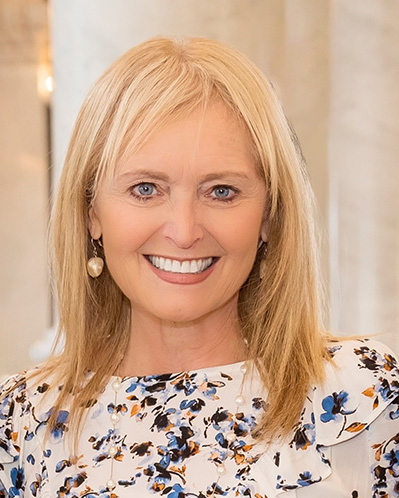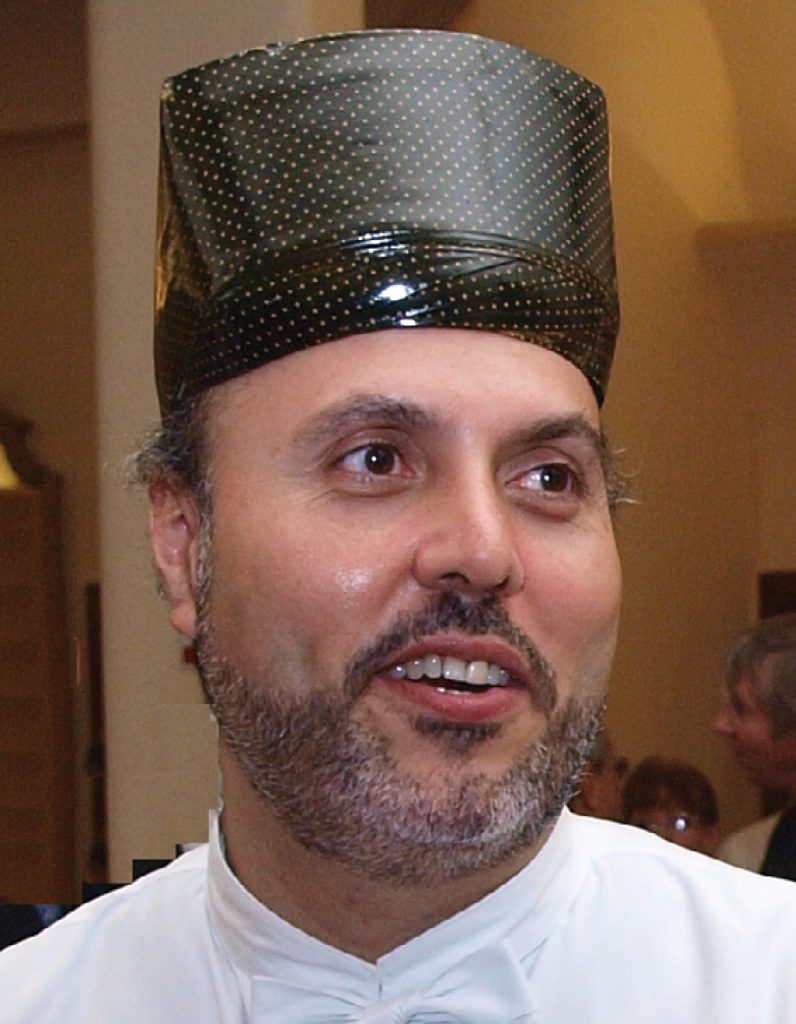Our First Freedom: How Firm a Foundation

Katrina Lantos Swett is president of the Lantos Foundation for Human Rights and Justice, cochair of the International Religious Freedom Summit, and former chair of the United States Commission on International Religious Freedom. The following post is based on her remarks during the panel “Understanding Religious Freedom: Why Does It Matter?” at the ICLRS 31st Annual International Law and Religion Symposium, 7 October 2024.
At its core, religious freedom matters because it speaks to and honors that which makes humans utterly unique among all creation. We are the only inhabitants of this world who are uniquely hardwired to ask questions about the meaning of life: Who are we? Why are we here? What is our purpose? Where are we going? This unique and profound singularity of humans is the key to what gives meaning, purpose, and dignity to our lives. Socrates famously said, “the unexamined life is not worth living.”[1] Because this singular curiosity is so intrinsic to what it means to be human, protecting the quest to answer these questions and then, importantly, being allowed to live one’s life in accordance with the answers one receives truly is foundational to the whole human rights project. So many other fundamental rights flow from this wellspring right: freedom of speech, freedom of the press, and freedom of association—the most basic parental rights that are protected in the Universal Declaration. All of these flow from this wellspring right of freedom of conscience and belief. So religious freedom is important, first and foremost, because it is intrinsic to our identity and our dignity as human beings.


